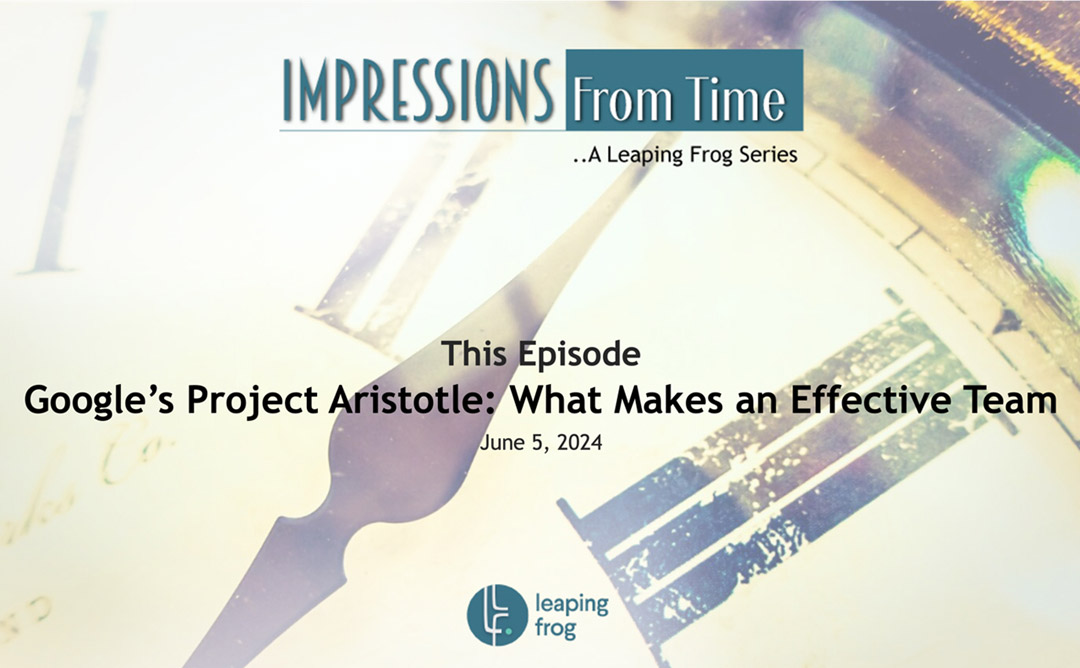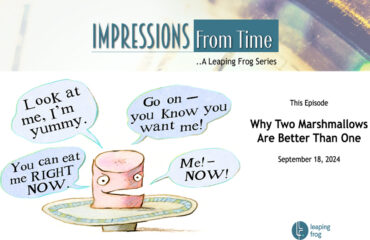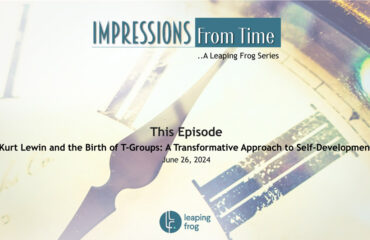
In the early months of 2010, Google embarked on a journey to decode the elements that make teams successful. This initiative, known as Project Aristotle, was named after the Greek philosopher who believed that the whole is greater than the sum of its parts. The project’s findings revolutionised the understanding of team dynamics, highlighting the critical role of psychological safety. The insights from Project Aristotle have had a profound impact on how organisations approach team building and management, emphasising the importance of creating a safe and inclusive work environment.
Project Aristotle began with the aim of identifying the characteristics that differentiate high-performing teams from the rest. Google’s People Operations department conducted this comprehensive study over two years, analysing over 180 teams across various functions within the company. The research team gathered data, including team composition, social behaviours, communication styles, and individual attributes.
Initially, the researchers hypothesised that the most effective teams would comprise the best and brightest individuals. They expected that factors such as team members’ educational backgrounds, hobbies, or individual skill sets would play a significant role in determining team success. However, the data revealed something surprising: who was on the team mattered far less than how the team members interacted, structured their work, and viewed their contributions.
Key Findings: The Importance of Psychological Safety
The breakthrough of Project Aristotle was discovering that psychological safety is the most critical factor for team effectiveness. Psychological safety is the shared belief that the team is a safe space for interpersonal risk-taking. In a psychologically safe environment, team members feel comfortable expressing their ideas, admitting mistakes, asking questions, and challenging the status quo without fear of embarrassment or retribution.
The research identified five key dynamics that were common among the most successful teams:
- Psychological Safety: Team members felt safe to take risks and be vulnerable in front of each other.
- Dependability: Team members could rely on each other to deliver quality work on time.
- Structure and Clarity: Team roles, goals, and execution plans were clear.
- Meaning: The work was personally meaningful to team members.
- Impact: Team members believed their work mattered and created change.
Psychological safety was found to be the cornerstone of these. Without it, the other factors could not sufficiently contribute to a team’s effectiveness.
Implications and Usage in the Modern Corporate World
The findings from Project Aristotle have had a lasting impact on how organisations approach team building and management. By emphasising psychological safety, companies can foster environments where creativity, innovation, and collaboration thrive. Here are some ways the concept is being applied in today’s corporate world:
- Inclusive Leadership: Leaders are encouraged to model behaviours that promote psychological safety. This includes showing vulnerability, admitting mistakes, actively listening, and encouraging input from all team members.
- Open Communication: Companies are prioritising open and honest communication. Tools such as regular feedback sessions, open-door policies, and anonymous suggestion boxes can help ensure that all voices are heard.
- Team Norms and Practices: Establishing clear team norms around behaviour, communication, and decision-making helps create a predictable environment where team members know what to expect and feel secure in their interactions.
- Training and Development: Many organisations invest in training programs that teach employees how to create and sustain psychological safety. These programs include workshops on empathy, active listening, and conflict resolution.
- Diverse and Inclusive Teams: Embracing diversity and fostering inclusion are critical for psychological safety. Diverse teams bring different perspectives and ideas, which can lead to more innovative solutions when team members feel safe to share their thoughts.
Project Aristotle’s revelation that psychological safety is the bedrock of effective teams has reshaped the landscape of team management and organisational behaviour. By prioritising psychological safety, organisations can unlock the full potential of their teams, driving innovation, collaboration, and overall success. The legacy of Project Aristotle highlights the importance of creating a work environment where every team member feels valued, respected, and empowered to contribute their best. As companies continue to navigate the complexities of the modern workplace, the principles of psychological safety will remain a guiding beacon for building effective and resilient teams.
……………………………………………………………………………………………………………………………………
“Impressions From Time” is a curated series from Leaping Frog about stories from the past that have helped shape modern-day practices in the people and organisation domain.
Leaping Frog, a new-age consulting firm, is an enabler and co-creator in enhancing people and organisational effectiveness. We love doing work in the areas of “Driving Organisational Change and Development”, “HR Systems and Talent Strategy”, and “Leadership and Life Coaching”.
Connect and share, for work and more.
Mail: comm@leapingfrog.in
Website: www.leapingfrog.in
Follow Us: https://lnkd.in/d7TQbsia




